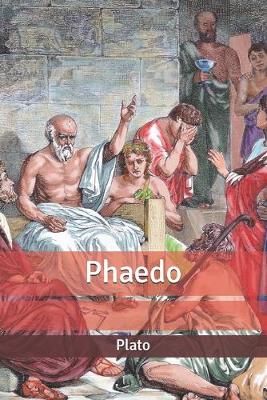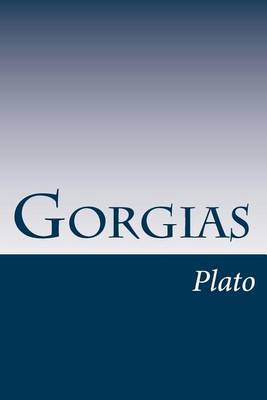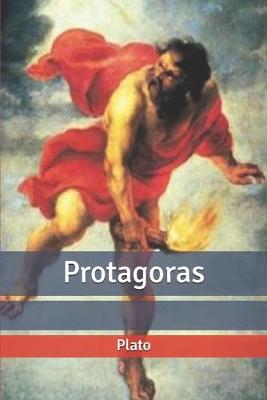Clarendon Plato
4 total works
punishment.
In the notes to this translation, Professor Irwin discusses the historical and social context of the dialogue, expounds and criticizes the arguments, and tries above all to suggest the questions a modern reader ought to raise about Plato's doctrines.
Seth Benardete is one of the very few contemporary classicists who combine the highest philological competence with a subtlety and taste that approximate that of the ancients. At the same time, he as set himself the entirely modern hermeneutical task of uncovering what the ancients preferred to keep veiled, of making explicit what they indicated, and hence...of showing the naked ugliness of artificial beauty.--Stanley Rose, Graduate Faculty Philosophy Journal
Seth Benardete (1930-2001) was professor of classics at New York University. He was the author or translator of many books, most recently The Argument of the Action, Plato's Laws, and Plato's Symposium, all published by the University of Chicago Press.



